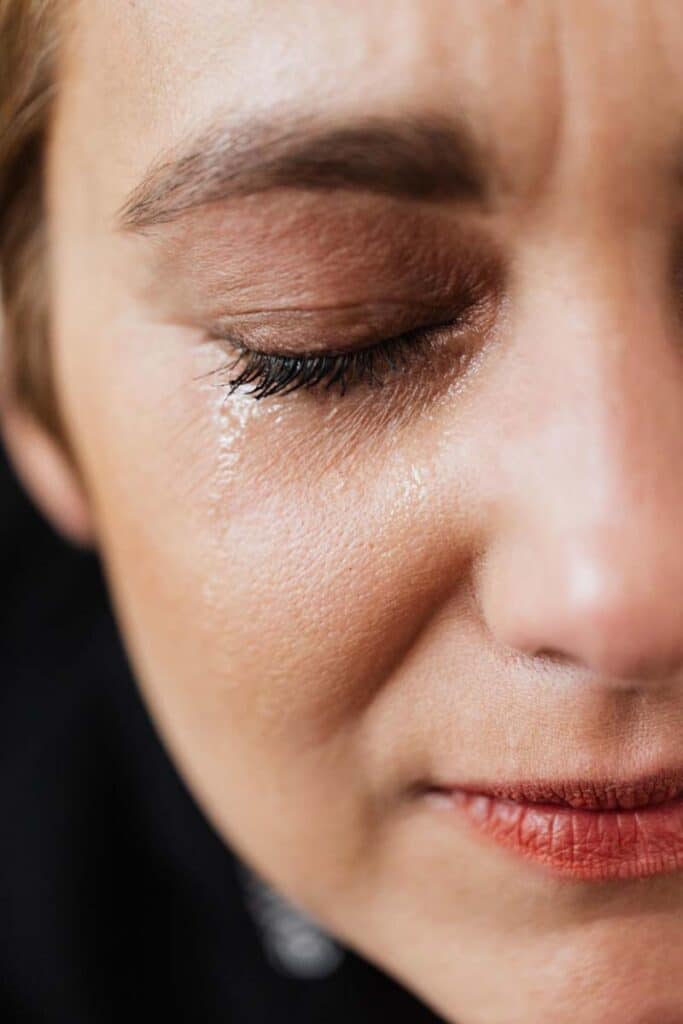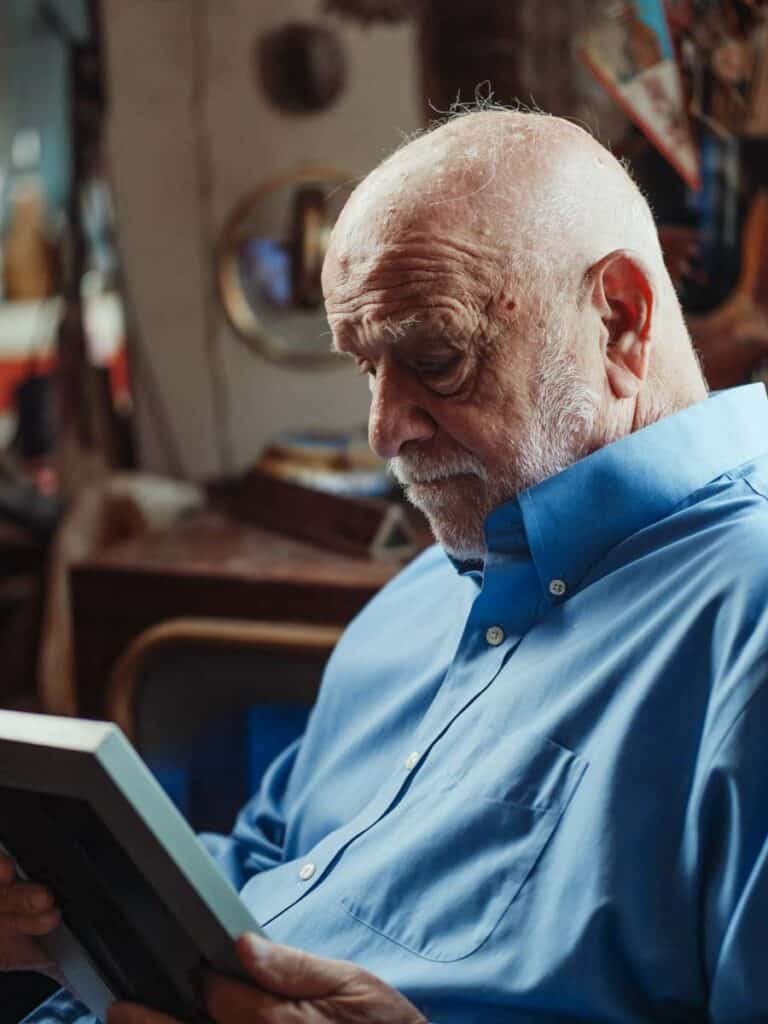In Louisville, Kentucky, there is a growing problem with opioids. In an effort to address this issue, many detox and treatment facilities have opened up in the area.
There are several detox and treatment centers that provide specialized opioid detox and addiction treatment services. These facilities typically offer a variety of programs, such as medically supervised detox, medication-assisted treatment (MAT), behavioral therapy, relapse prevention, counseling, support groups, and aftercare. Depending on the severity of the addiction and any co-occurring disorders, the length of stay will vary from person to person.
However, it is important to remember that detox and treatment are only part of the solution. Recovery from addiction is a lifelong process, and relapse is always a possibility. If you or someone you know is struggling with opioid addiction, please seek help from a professional facility. With the right support, recovery is possible.
Opioid detox symptoms
Experiencing opioid detox symptoms can be uncomfortable, and for many people, it is the start of their journey to recovery. Individuals can find opioid detox programs that provide specialized care to help manage these symptoms.
Common side effects of opioid detox include:
- Nausea
- Vomiting
- Diarrhea
- Muscle aches
- Fatigue
- Insomnia
- Anxiety
- Sweating or chills
- Irritability and mood swings
The detoxification process removes substances from the body, allowing individuals to regain control of their physiological and psychological state. During this stage of treatment, medications such as buprenorphine and Suboxone may be used to alleviate opioid withdrawal symptoms. These medications can also help prevent a person from relapsing after completing a detox program.
Other medications such as naltrexone can be used to help prevent opioid cravings, while counseling and other therapies provide individuals with the skills required to manage their condition.
Rehab Experience

The journey to recovery from opioid addiction begins with detoxification and therapy. During the rehab experience, individuals may receive medication to alleviate physical withdrawal symptoms, learn how to cope with difficult emotions and establish healthy lifestyle habits.
When you enter a rehab program, you can expect to be welcomed by compassionate professionals who are dedicated to your recovery. During the initial assessment process, staff members will gather information from you about your medical history, substance use, and any co-occurring mental health disorders.
Depending on the severity of their condition, patients may have access to residential programs that provide around-the-clock support and group activities that focus on rebuilding independence, instilling hope, and forging meaningful connections.
Some of the programs at Louisville IOP include:
Intensive Outpatient Program
This is designed for individuals who are unable to attend residential rehab due to work or family responsibilities. This program includes individual and group therapy sessions, medication management, ongoing support, and relapse prevention.
Partial Hospitalization Program
The partial hospitalization program for addiction is designed for individuals with a higher level of care. This program provides comprehensive treatment in an outpatient setting, which includes individual and group therapy sessions, medication management, ongoing support, and relapse prevention.
Outpatient Rehab
Outpatient Rehab is ideal for individuals who are looking to maintain a balance between their treatment and life outside of it. This program includes individual therapy sessions, medication management, ongoing support, lifestyle changes, and relapse prevention.
Telehealth
Telehealth is an innovative program that provides the same level of care through a secure and private online platform. This option is ideal for individuals who cannot attend in-person treatment due to location, transportation, or scheduling issues.
Dual Diagnosis Treatment

Dual diagnosis is available for individuals who have a co-occurring mental health disorder, such as depression or anxiety. This program includes individual and group therapy sessions, medication management, ongoing support, lifestyle changes, and relapse prevention.
No matter which type of treatment you choose, the goal is to help you find lasting sobriety and improved mental health
Rehab programs provide individualized treatment plans that may include a combination of therapy, medication, nutrition counseling, and lifestyle changes. You will learn to identify triggers, practice healthy coping mechanisms, and develop an individualized relapse prevention plan.
Different therapies in rehab include :
Cognitive Behavioral Therapy (CBT) is a type of counseling that helps individuals identify and change negative thought patterns.
Motivational Interviewing (MI) is a form of counseling that uses techniques to help individuals explore and resolve ambivalence about change.
Dialectical Behavior Therapy (DBT) is a type of cognitive-behavioral therapy that helps individuals build skills to manage difficult emotions and reduce distress.
Alternative therapies such as art therapy, music therapy, animal-assisted therapy, and mindfulness meditation can also be beneficial
Long-term treatment for opioid addiction in Louisville
While detox and rehab are essential first steps in recovery from opioid addiction, long-term treatment is necessary for sustained sobriety. Long-term treatment helps individuals learn how to cope with triggers and stresses of everyday life without using drugs or alcohol.
Several facilities in Louisville offer long-term options, including inpatient and outpatient care. Inpatient treatment usually lasts at least 30 days and provides 24-hour medical supervision, while outpatient treatment is tailored for individuals who need to continue working or attending school.
Aftercare
Aftercare refers to the support offered to individuals after they have completed their detox and treatment programs. This includes continuing to participate in counseling, attending support group meetings, and participating in recreational activities.
It is important for individuals to have a strong support system and access to resources such as housing, employment opportunities, legal services, and medical care. It is also important to stay connected with a community of recovery peers in order to remain committed to sobriety.
Louisville offers a variety of aftercare options to help individuals stay on track with their recovery. This can include continued therapy, support group meetings, and community organizations dedicated to helping those in recovery.
The Impact IOP – Louisville Addiction Treatment Center provides various resources for those dealing with opioid addiction. If you or someone you know is seeking support and treatment for opioid use disorder, contact Impact IOP – Louisville Addiction Treatment Center today for comprehensive options and assistance.
With specialized services available to meet a wide variety of needs, individuals struggling with opioid abuse can reach a confident recovery journey through ongoing attention and personalized treatment plans. Remember that there’s hope in healing, so don’t hesitate to seek help now!

